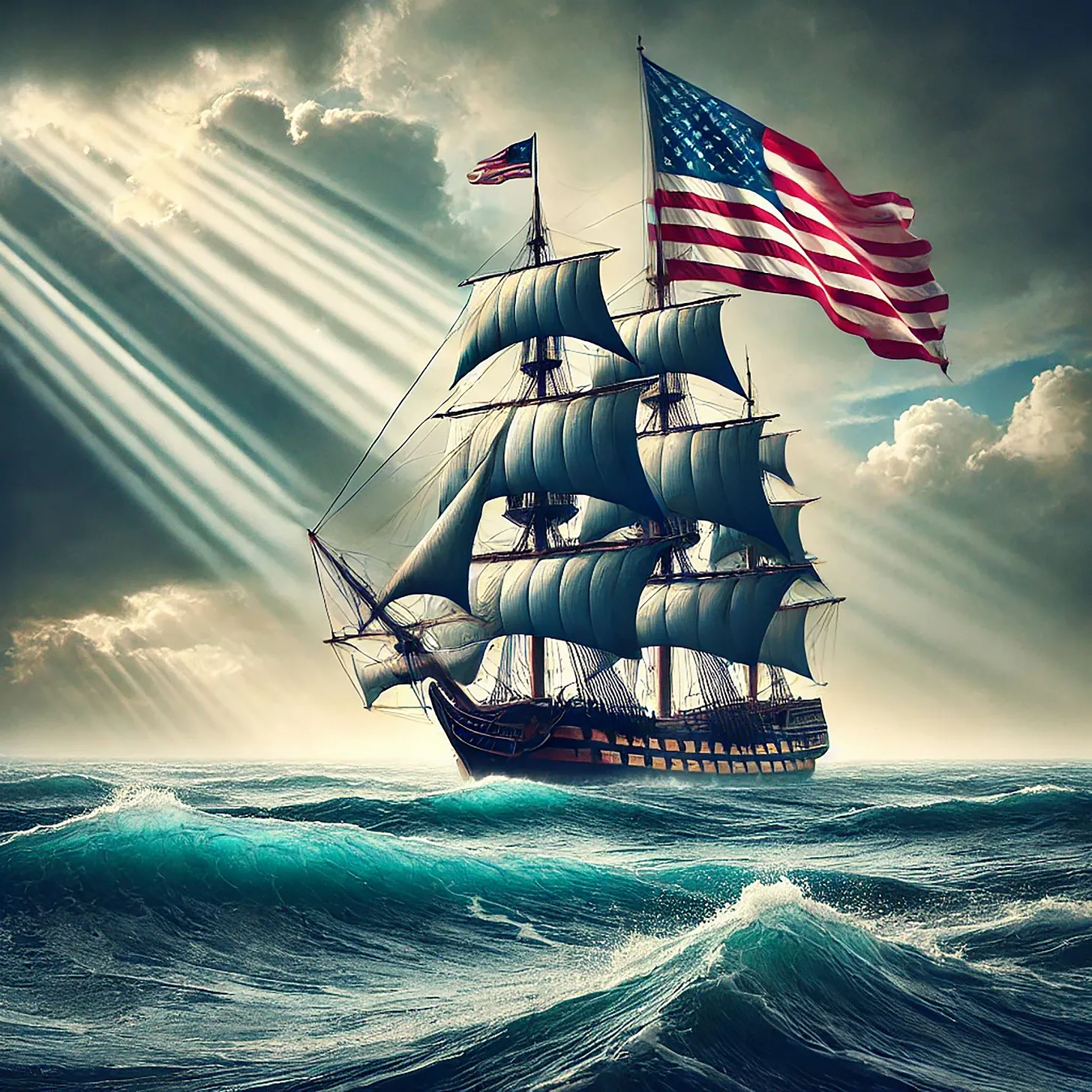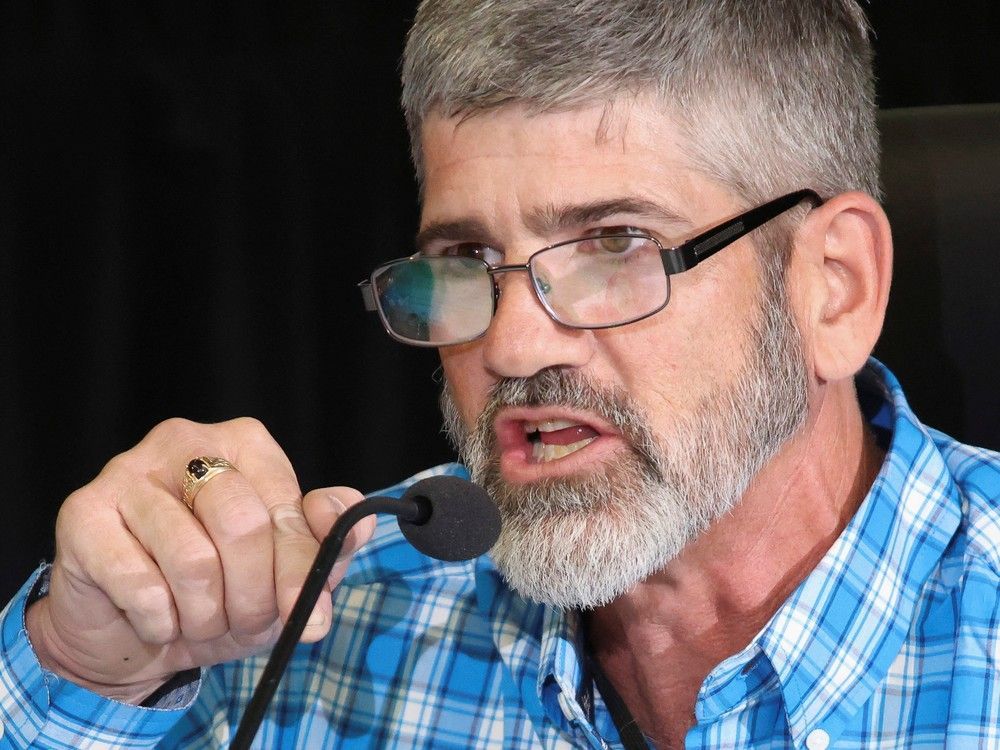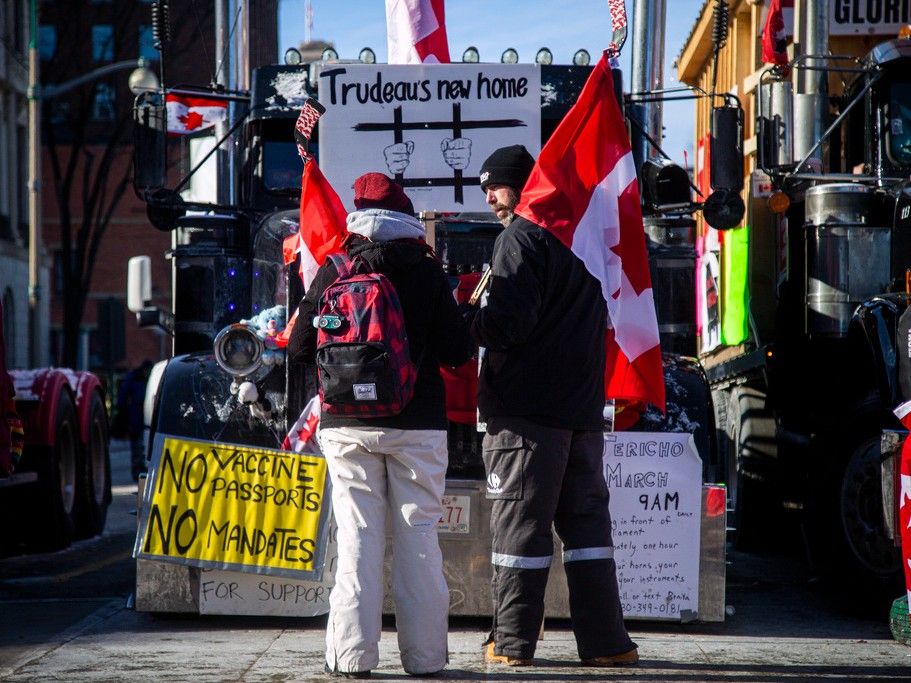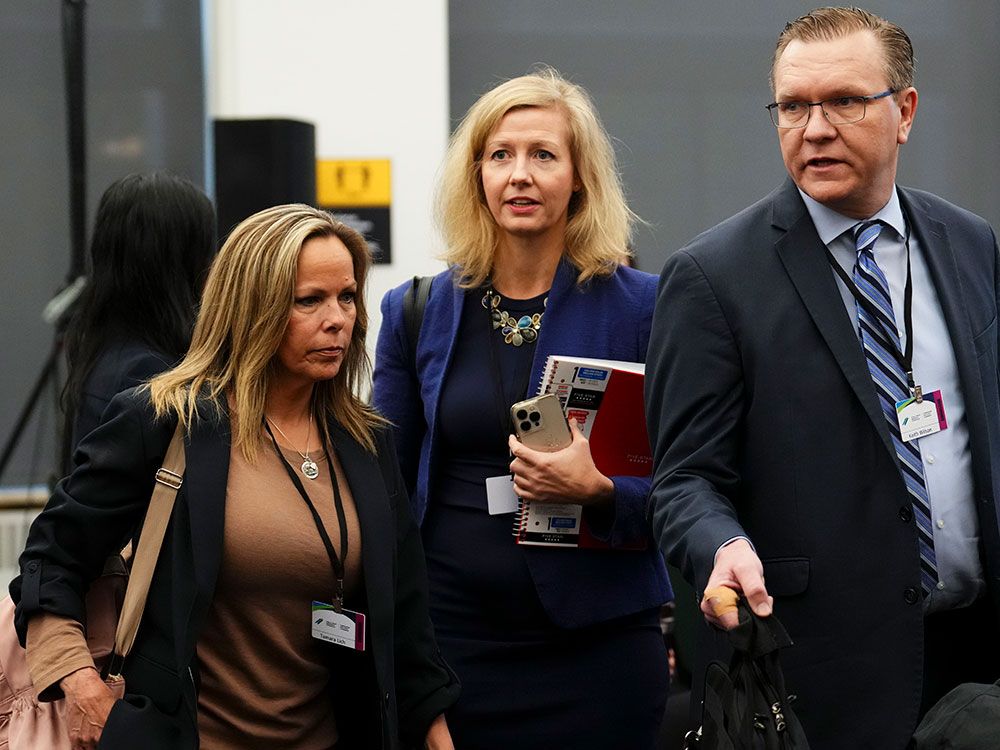Halifax Tar
Army.ca Legend
- Reaction score
- 18,010
- Points
- 1,260
Credit where due: Canadaland publisher Jesse Brown (very broadly & generally leftist, but also very anti-anti-Semitism shenanigans going on these days) has public second thoughts about his original concerns with the whole convoy protest thing - a decent 40 minute listen.
The article by Matt Gurney (a guy who's far from a fan of the woke elements of the world) referred to about some of the more hidden elements of the protest is this one: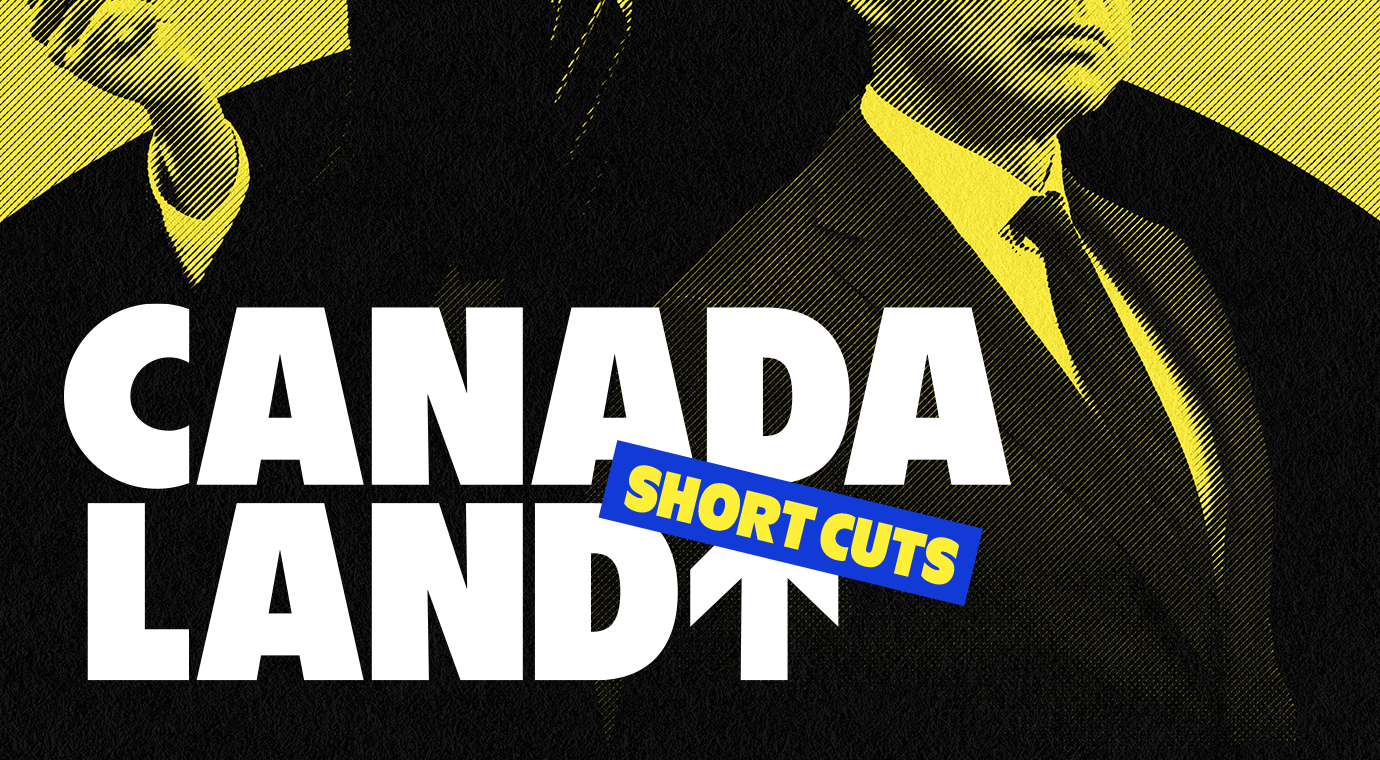
#1207 I Was Wrong About The Freedom Convoy
Was the Freedom Convoy a violent uprising or an act of political protest?www.canadaland.com
Gurney article also archived here.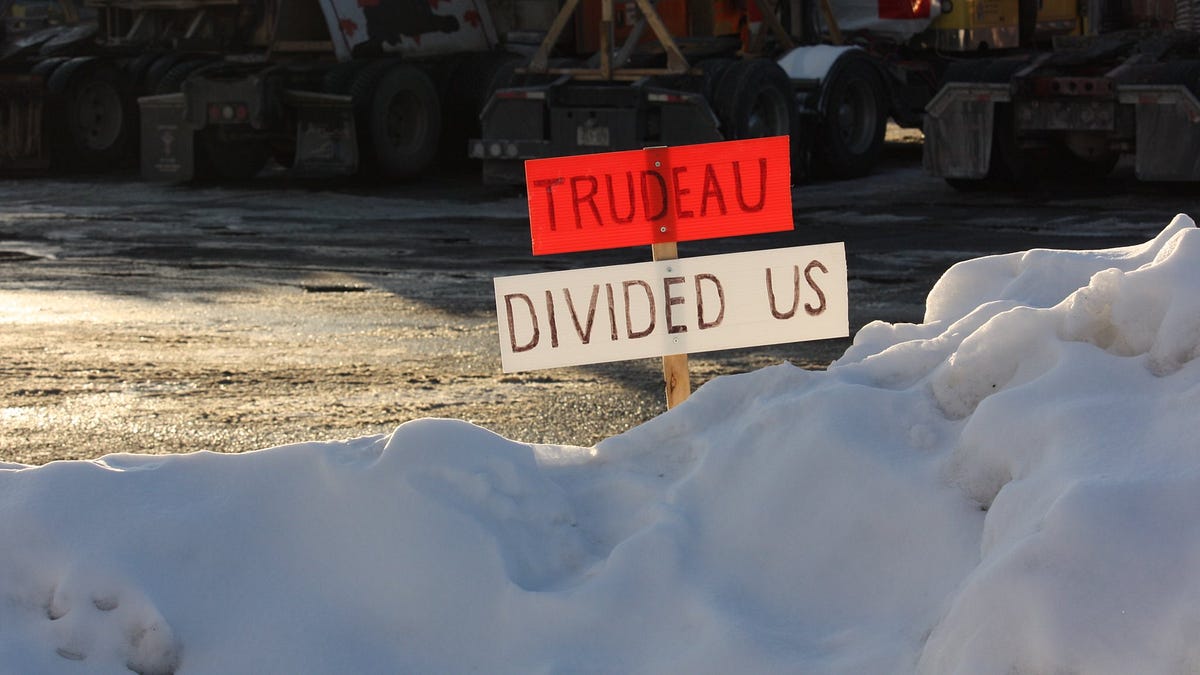
Dispatch from the Ottawa Front: Sloly is telling you all he's in trouble. Who's listening?
The scale of Ottawa's defeat is a jarring and continuing indictment of the capacity of the Canadian state, and the state must reverse this situation, decisively.www.readtheline.ca
I listened to that while i transited through NB yesterday. I was impressed by the walk back.



